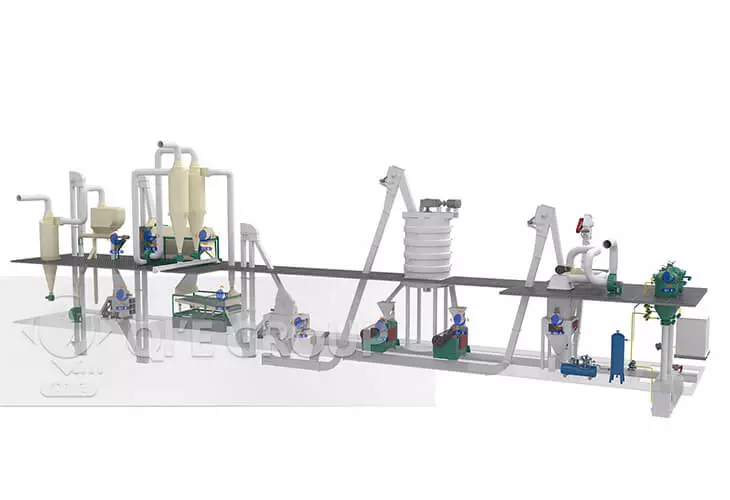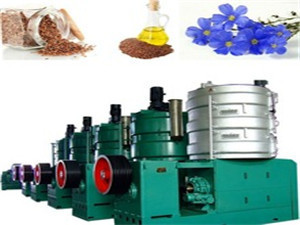
In the ever-evolving global edible oils market, sesame oil stands out for its unique nutritional benefits and aromatic qualities. For enterprises aiming to expand production while maintaining operational efficiency, adopting advanced sesame oil production lines becomes a pivotal strategy. This article presents a real-world case study of a leading food processing company that successfully transitioned to a high-efficiency, energy-saving sesame oil production line. Through detailed analysis of technology, process optimization, and market insights, this piece delivers valuable perspectives to global procurement decision-makers.

Prior to adopting the upgraded equipment, the featured company’s sesame oil production was constrained by low extraction rates and significant energy consumption. The installation of a modern, fully integrated sesame oil production line delivered a remarkable 25% increase in extraction efficiency—from an average of 38% to over 47% oil yield per ton of raw sesame seeds. Additionally, optimized automation and heat recovery technologies reduced energy usage by nearly 18%, directly impacting operational costs.
| Metric | Traditional Production | High-Efficiency Production Line |
|---|---|---|
| Oil Extraction Rate (%) | 38% | 47% |
| Energy Consumption (kWh/ton) | 850 kWh | 700 kWh |
| Daily Output (tons) | 15 tons | 20 tons |
| Operational Cost Reduction (%) | - | 13% |
The advanced sesame oil production line integrates several core technologies that contribute to enhanced performance:

Global demand for sesame oil is forecasted to grow approximately 6% annually, driven by rising health awareness and expanding culinary applications in both emerging and developed regions. With consumers increasingly prioritizing purity and sustainability, enterprises are pressured to adopt production technologies that guarantee oil quality while reducing carbon footprints. Moreover, the competitive landscape favors manufacturers who can simultaneously scale capacity and lower operating expenses. The featured food processor’s success demonstrates alignment with these industry imperatives, reflecting a broader shift toward sustainable food processing solutions.
The adoption of high-efficiency, energy-saving machinery is more than a cost-control measure—it is a strategic investment in sustainable business growth. By reducing the production line’s energy consumption by almost 18% and increasing throughput by 33%, the featured enterprise achieved a faster return on investment and enhanced competitiveness in volatile markets. The environmental impact reduction also supports compliance with evolving regulatory standards and satisfies increasingly eco-conscious end customers.

In conclusion, integrating cutting-edge sesame oil production line technology offers tangible benefits: improved oil yield, significant energy savings, and scalable output. Companies poised to expand or upgrade their capabilities should prioritize equipment that merges process precision with sustainability. For global buyers sourcing sesame oil processing solutions, meticulous evaluation of supplier technology and demonstrated operational efficiencies is crucial.
Ready to boost your sesame oil production efficiency and sustainability? Contact our industry experts today for customized solutions that align with your growth strategy.


